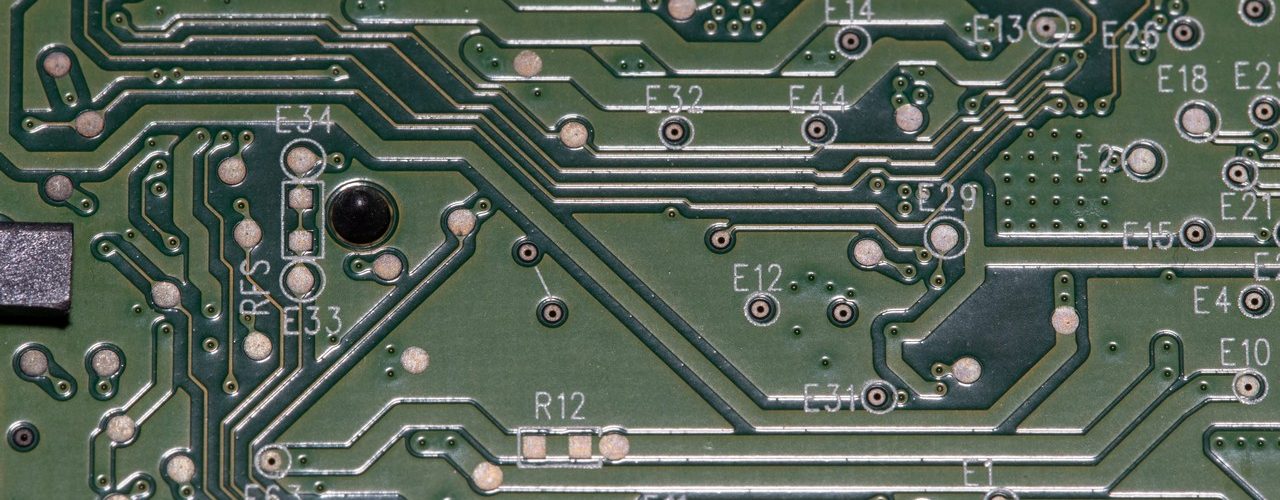- E-invoicing regulations are impacting businesses’ operations
- E-invoicing consolidation is a major need and challenge
- Real-time submission of invoice data is required by regulations
- Businesses struggle with visibility on their own transactions
- Data consolidation is important for accuracy of tax-relevant data
- Key hurdles in e-invoicing consolidation include data silos, quality and consistency issues, volume and complexity of data, and legacy systems
- Common mistakes in consolidation include insufficient scoping and incomplete data mapping
- Centralizing e-invoicing through one provider can aid consolidation, but relying on a single global provider is often mistaken for complete consolidation.
Source: fonoa.com
Note that this post was (partially) written with the help of AI. It is always useful to review the original source material, and where needed to obtain (local) advice from a specialist.
Latest Posts in "World"
- Global eInvoicing: Trends, Models, Interoperability, and Innovation Shaping the Digital Future
- Turn Fiscalization Compliance into a Competitive Advantage: Free Webinar on October 30
- Webinar Fiscal Solutions: Turn Fiscalization Into a Competitive Advantage (Oct 30)
- Basware on YouTube – Compliance without the boring bits – Episode 5 (December 9)
- “How do I know if my Peppol e-invoice has arrived?” – A practical guide for entrepreneurs















